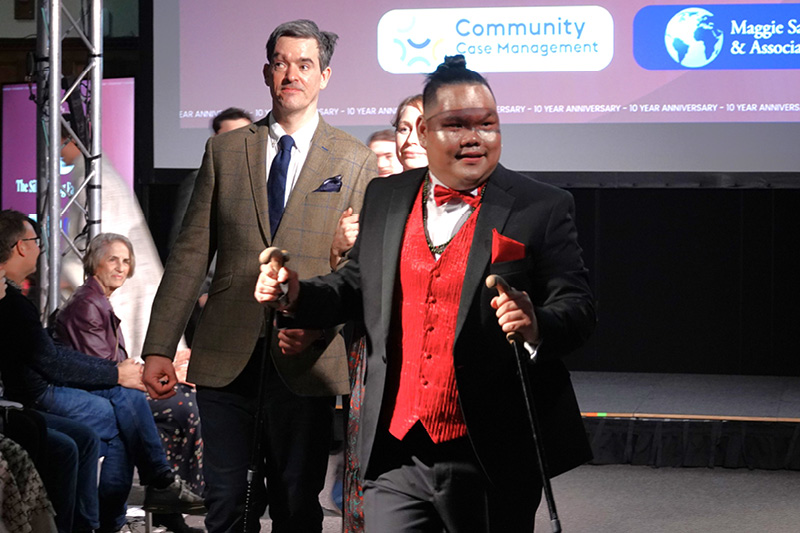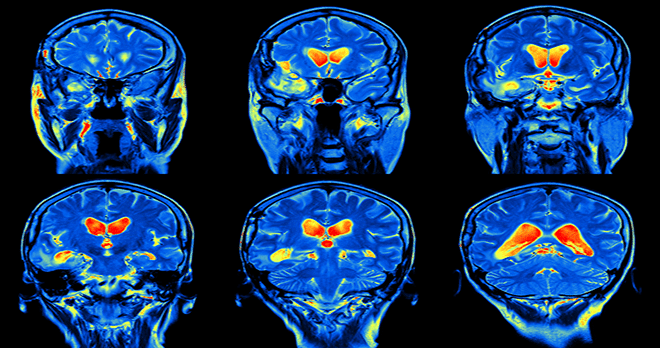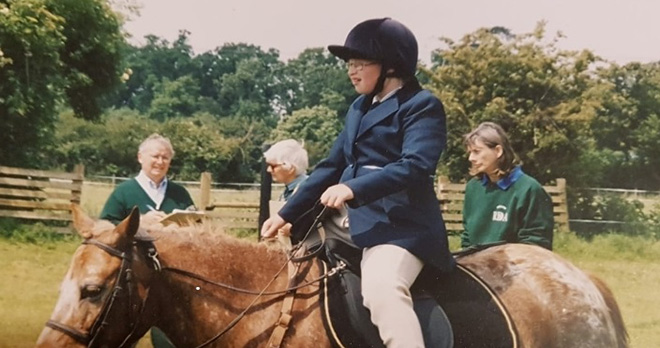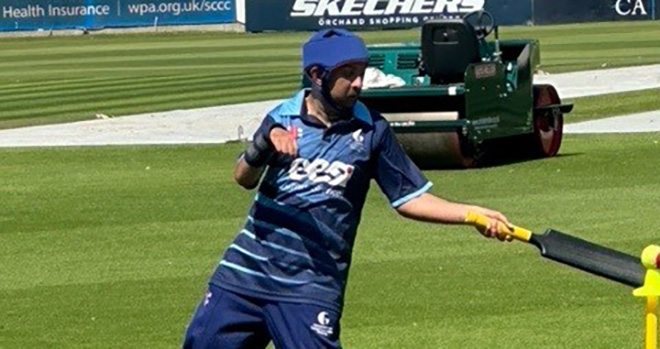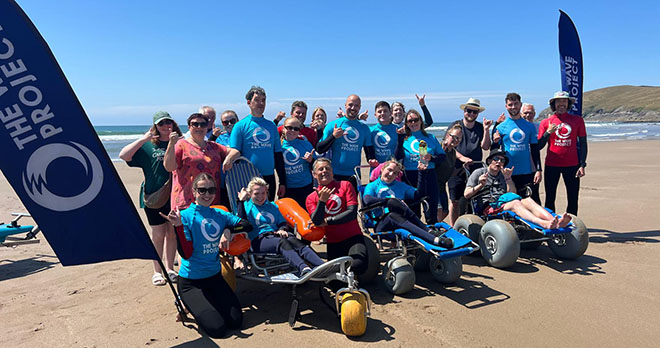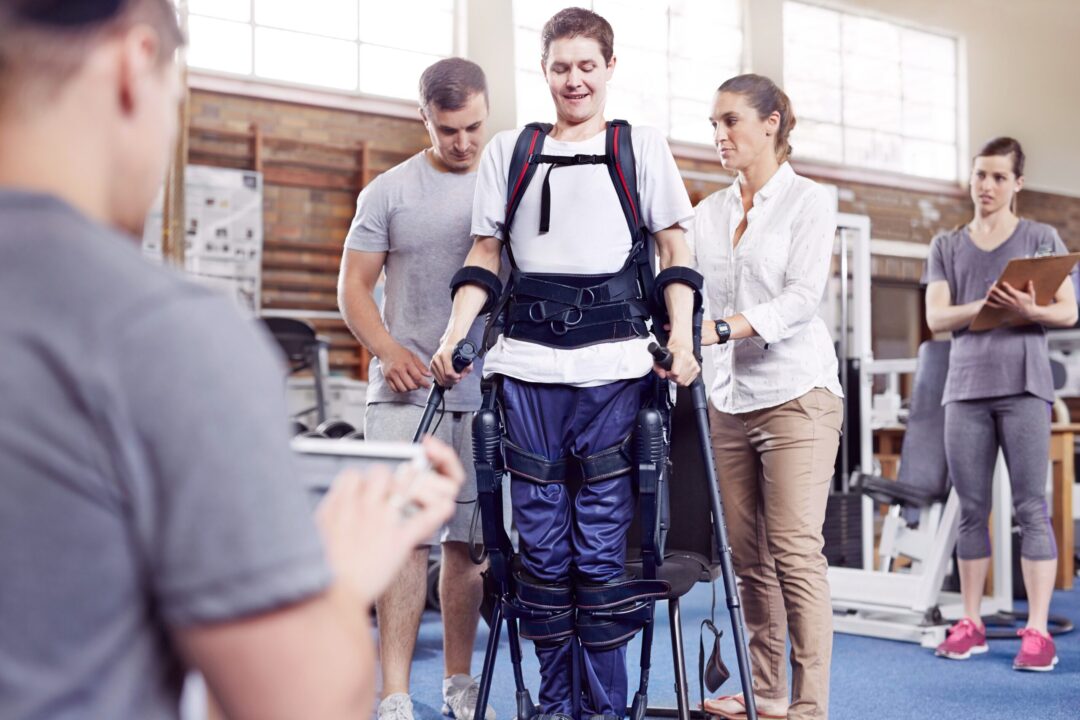Brain injury and social interaction – five things people can struggle with

Our brains control just about everything we do, including how we socialise and interact with those around us. When an individual suffers a traumatic brain injury, their brain may not function in the way that it did before, creating difficulties with social interaction. Stuart Brazington, head of RWK Goodman’s Brain Injury team, discusses five difficulties he has noticed that commonly occur amongst brain-injured individuals.
Here are five issues brain-injured people might face when in social situations:
Disinhibition
Disinhibition refers to a loss of control over what you do or say resulting in socially inappropriate speech or behaviour.
Brain-injured individuals may impulsively speak their mind without being able to understand the consequences, for example: making tactless comments, inappropriately sharing personal information or making sexual remarks. At a funeral I recall a client aged 15 asking if his deceased grandad’s leg could be given to his dog as it was hungry.
Unfortunately, disinhibited behaviour can cause embarrassment, offence or upset in social situations making it very difficult for the brain-injured individual and those affected by the behaviour.
Multi-tasking
Multi-tasking is one of the many executive functions that we all take for granted. We are generally able to manage more than one conversation at a time, or have a chat while making a cup of coffee, but for those that have suffered a brain injury, this can be very difficult. Multi-tasking is often impossible following a more severe brain injury, however, resulting in withdrawal from conversations and being perceived by others as rude or disinterested. This can have a profound effect on social interaction.
Social media
For many, social media has become a usual part of everyday communication and its use has the potential to increase communication and social participation for those who have suffered a brain injury, especially in the early days of recovery when they may be more housebound.
However, the use of social media has for some led to social isolation as they have struggled to effectively interact or communicate, resulting in exclusion or withdrawal from social groups. Furthermore, brain-injured people are often vulnerable individuals and their use of social media, especially in an era of trolls and fake accounts, has raised questions over their safety.
Noise sensitivity
Many brain-injured people struggle with noisy environments as they are unable to filter out background noise and live in a cacophony of sound. Brain injury can often lead to tinnitus and an avoidance of going anywhere noisy, and noisy interruptions can disrupt their concentration. This is all quite frustrating and very difficult for those that have suffered a brain injury. Quite often it leads to a person withdrawing from noisy social situations because of noise overload.
Lack of sense of humour
This can cause a huge problem in social situations and can be very upsetting for people particularly if they had a good sense of humour prior to injury.
Jokes often require a high level of brain function, for example, if a joke is ambiguous, illogical, sarcastic or includes a play on words, they can be and often are interpreted differently by brain-injured people.
A person with a traumatic brain injury may have had a razor-sharp wit and sense of humour prior to injury, and with no obvious sign of a traumatic brain injury would be expected to respond with a similar level of wit. However, due to the brain injury they cannot, with the result that social contact is diminished or lost...
The ‘hidden’ nature of brain injury
Brain injury is often referred to as a hidden disability. Physical injury is often not apparent to the naked eye and no one would suspect the problems mentioned above arise following brain injury. The lack of public awareness about brain injury doesn’t help, despite popular soaps such as Eastenders and Coronation street helping to raise awareness.
These challenges are particularly difficult for brain-injured individuals in social situations where they may not be in company that understand their injury or know about their difficulties with socialising and interacting.
Thankfully, for those who have a brain injury, there are people out there who understand these issues; whether they are experienced practitioners or experts, or brain injured themselves.
We often work with Headway, for example, a national charity who offer support and guidance to those who have experienced a brain injury. To find out more about getting help with a brain injury, or to make a claim if you’ve been injured, contact our specialist team today.
Our specialist solicitors are here to help you find out more about your options, if you feel you might have a claim for compensation as a result of brain injury.
Call now
Memory loss and brain injury
Watch our film about memory loss and brain injury.
Released to coincide with Headway’s ‘Memory Loss: A Campaign To Remember’ campaign in 2020, our film follows the experience of Nick and others who have seen the effects of brain injury first-hand.
